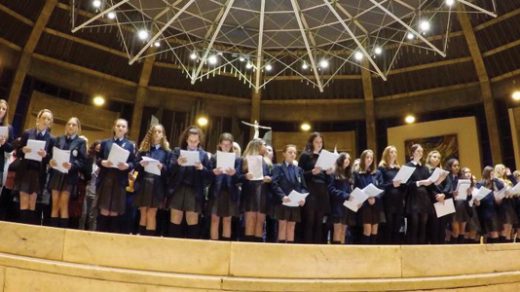Half of England’s teachers have thought about quitting, new research shows

New research has shown 49% of teachers in England are considering leaving the profession, and 1 in 3 senior leaders (29%) have thought about quitting.
Middle leaders were the second most likely job role to hand in their notice (48%), followed by teaching assistants (44%) and administration staff (39%).
A new report from stakeholder feedback platform for schools and multi-academy trusts, Edurio, shares the voice of over 110,000 school staff from the past five years.
Findings show that the proportion of staff considering resigning dropped during the heavily-disrupted academic years of 2019/20 and 2020/21, but has since increased to levels higher than before the pandemic.
Factors influencing the risk of resignation
School staff were asked about day-to-day factors and the areas with the strongest relationship with resignation were leadership dynamics, communication and workload.
Whilst staff were broadly positive about communication, both leadership dynamics and workload were scored low. For workload in particular, less than a quarter of staff (23%) responded positively.
One staff member reported: “The number of hours I work on a weekly basis is unacceptable. I am not scared of hard work – I am a committed professional and keen to do all that I can for my students and colleagues but currently the workload is overwhelming.
“It used to feel like there were flash -points throughout the year when the workload was more challenging than at other points but it now feels like every half -term is a flash point!”
Another shared: “Expectations are high which they should be to drive the school forward, but the workload often falls on those who are already hardworking leading to a greater workload.
“It doesn’t always feel fair as some staff don’t seem to suffer from the same workload despite similar or comparable roles.”
Noticeable differences by role
Teachers responded least positively for most factors and are the group most at risk of resignation, according to the research. Workload was the least positive factor for teachers and had the strongest relationship with resignation.
Research also showed teachers were much less positive about their relationship with the trust and the leadership dynamics within their organisation.
With a background in teaching and as director of Inspire Learning Teaching School Hub, based in Liverpool and Wirral, Jane Kennedy understands the changes in the sector: “The report accurately reflects the sector currently, with many more people moving roles or schools this year than any other since COVID-19.”
Inspire is one of the 87 Teaching School Hubs set up as school-led centres of excellence in professional development run by the country’s best schools and trusts. Each hub serves a designated area of the country, ensuring every school has easy access to support, bridging the gap between local needs and national policy.
Teaching school hubs provide high-quality professional development to teachers at all stages of their careers and play a significant role in delivering:
- The Early Career Framework
- National Professional Qualifications
- Other teaching development programmes
“At Inspire Learning Teaching School Hub NW, our retention rates for ECTs from year 1 into year 2 were high. As we are not quite at the end of year 2, we are unable to assess the retention across the two years of the ECF programme just yet.” Jane added.
There are differences in experience between senior leadership and the rest of the staff body. Senior leaders are significantly more positive about several factors: in some cases, the difference between senior leadership and the lowest-scoring group is as high as 29%.
This is reflected in the lower risk of resignation, though with the proportion of senior leaders considering resigning increasing at a higher rate than any other group, from 2 in 10 to 3 in 10, it is clear that the challenge is significant across all roles within schools.
Adding further comment, Jane Kennedy said: “Recruitment onto NPQ programmes appears to have stalled. However, this could be two things; it is either indicative of people either not wanting to take on leadership positions, or is it more that schools can’t release them whilst we try to close the education gap that COVID-19 has created?
“At this stage it is hard to determine the real cause.”






